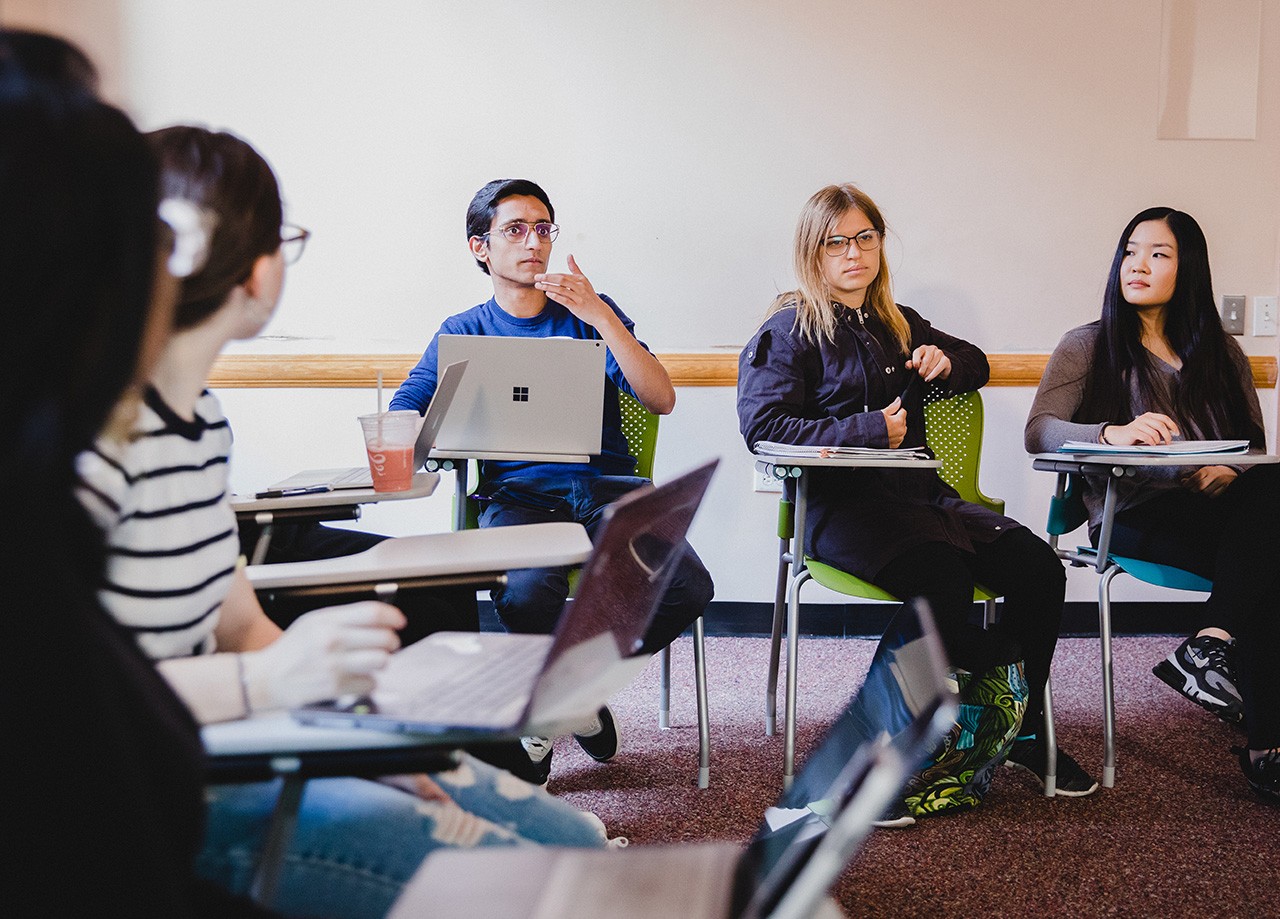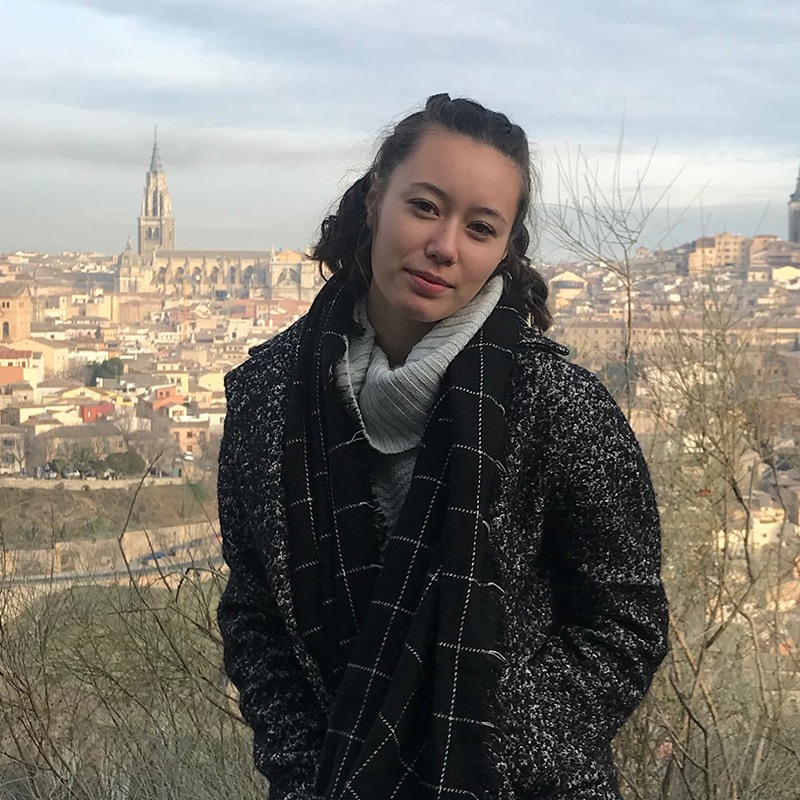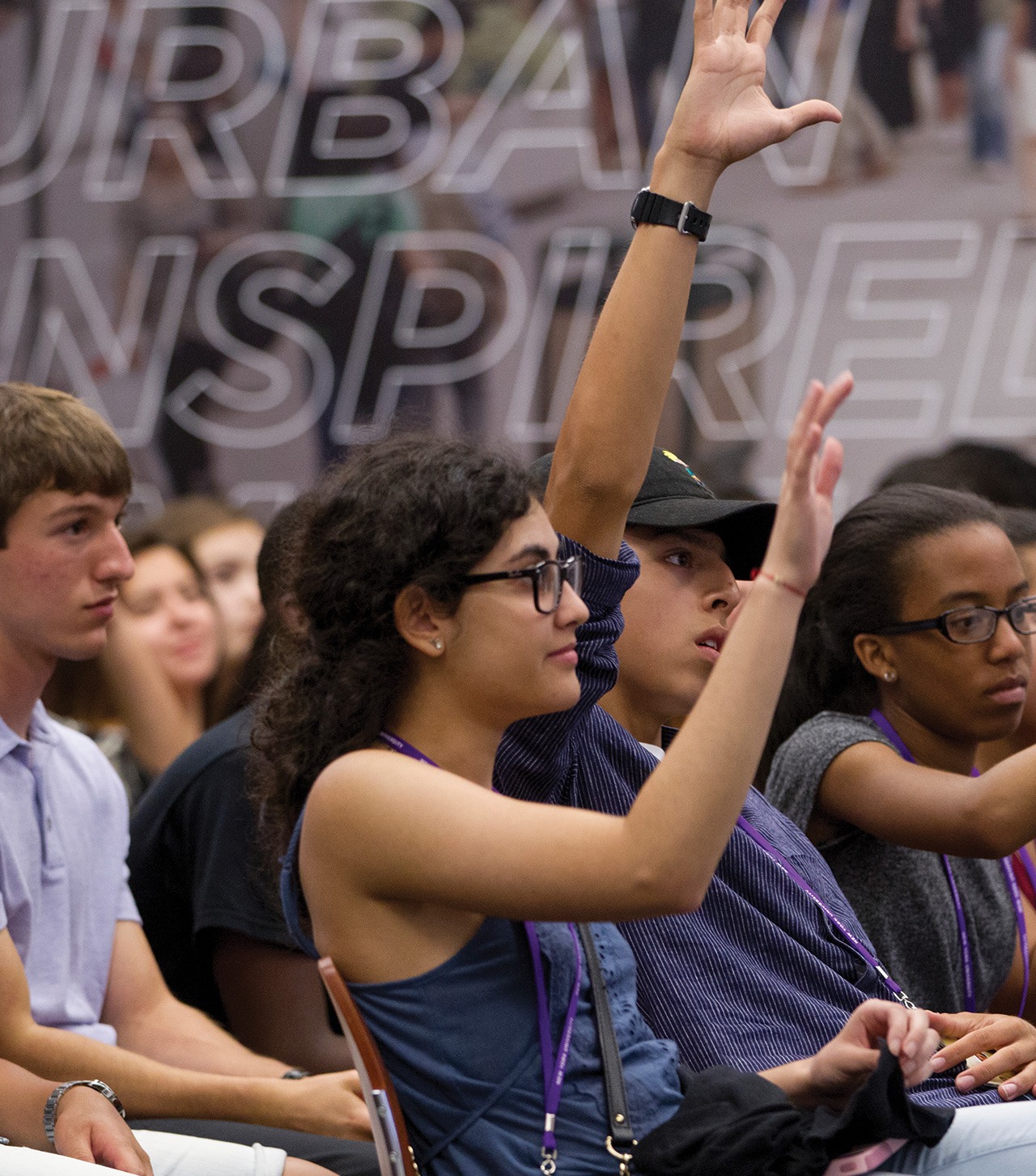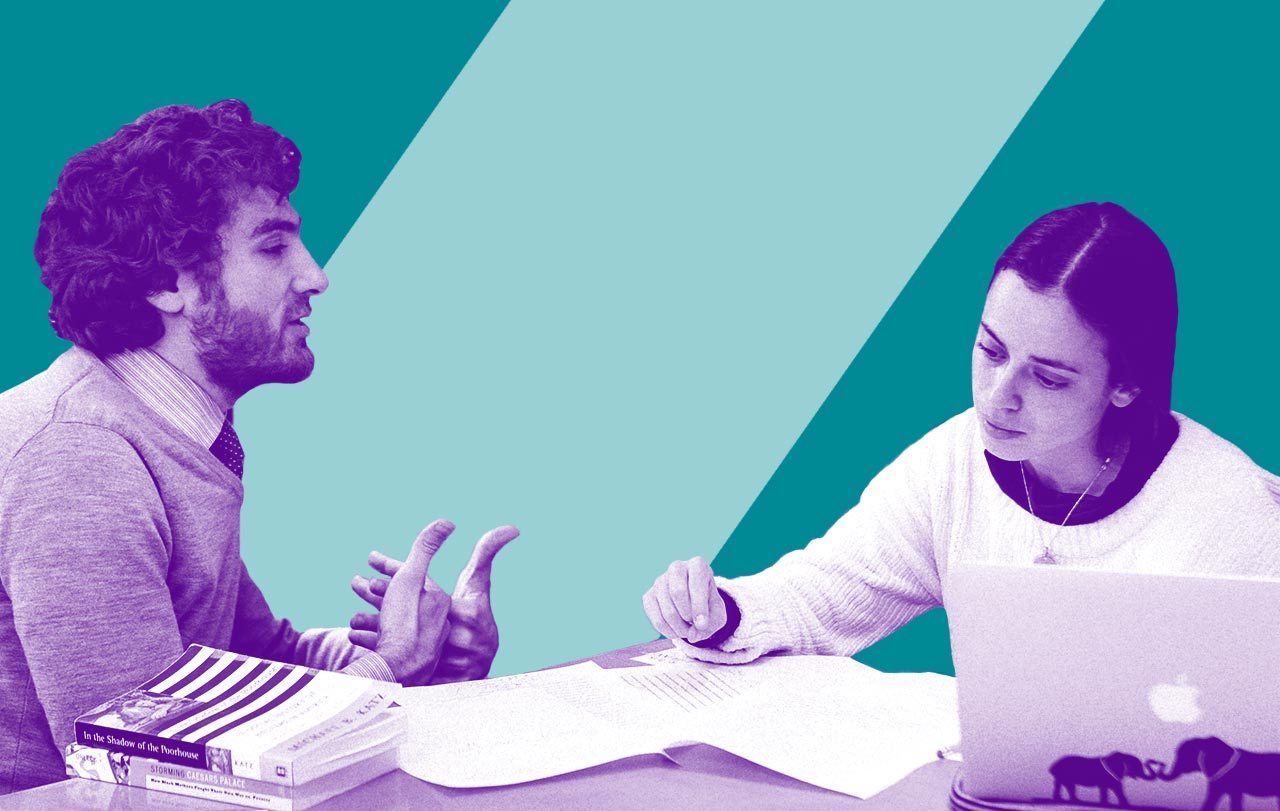
Choosing a major in college can feel like an insane amount of pressure. In particular, at universities like NYU, where there are nearly a dozen schools you can apply to, you have to decide which school has the right major for you before you even apply. And that can be incredibly daunting! If you’re anything like I was in high school, you probably have tons of interests, tons of skills, maybe even tons of classes you’re good at. So how do you narrow that down?
Well, here’s my step-by-step guide for choosing a major, crowdsourced from other NYU students, who each had their own path. Hopefully, this will help break down the process for you. Maybe it will give you ideas you haven’t heard before. At the very least, I hope this can be a moment of reassurance: indecision and doubt are completely natural. Picking your path in college can be a beautiful moment of self-discovery. Embrace it!
Step 1: Introspection
The first step on your path to choosing a major is simultaneously the easiest and the hardest. Basically, I need you to think about YOU.
- What do you/don’t you like? What do you read in your free time? Behind any interest, there is a major. My friend loves hotels. But she didn’t think she could make a career out of loving hotels. However, she recently graduated with a BS in Hotel and Tourism Management.
- What professions do you admire/see yourself loving? Look up some people in the industry, maybe even on LinkedIn, and see what their majors are. Spoiler alert: many of the majors may be surprising! Keep an open mind.
- You don’t know what you don’t know. So maybe you don’t know what you like! I only became a minor in Middle Eastern and Islamic Studies after I took a course. Next step is to go to some of your favorite people, teachers, mentors, and friends, who are good at other things. You can even check out the NYU Admissions Ambassadors, and see if any of our majors call to you.
Step 2: Try It Out
OK, so you thought about it, and you think you’re well on your way to choosing a major. Next step is to test it out. See if this actually works for you. There are a couple ways to do this.
- Try out NYUʼs high School and precollege programs (or similar initiatives at schools near you). They are a great way to experience taking classes in a huge variety of subjects!
- Start to do more reading! Reach out to professors in your chosen major’s department. They are always happy to help, and they always have great suggestions. For example, I was given a medical anthropology book by a professor in the School of Global Public Health, and that set me on the path I’m on today.
Step 3: If Step 1 and 2 Don’t Work…
I stand by steps 1 and 2—they worked for me. But they donʼt work for everyone. You could still be undecided, or you could realize the path isn’t right for you. If that’s the case:
- Applying to Liberal Studies is always an option! Liberal Studies allows you to take two years of general requirements before committing to a major.
- Remember, you can always switch. If you feel trapped or unhappy with your major, repeat steps 1 and 2. My roommate was a Business major before realizing he didn’t want to pursue the career paths that Business majors usually pursue. Now he’s a Cinema Studies major, and he is happier and more set on his career path than ever!
Step 4: Career Path
Although choosing your major may determine your network and your connections, you can change paths at any point. You are never locked in. At the end of the day, if your major made you happy and helped you grow as a learner and student, you will find your path.



